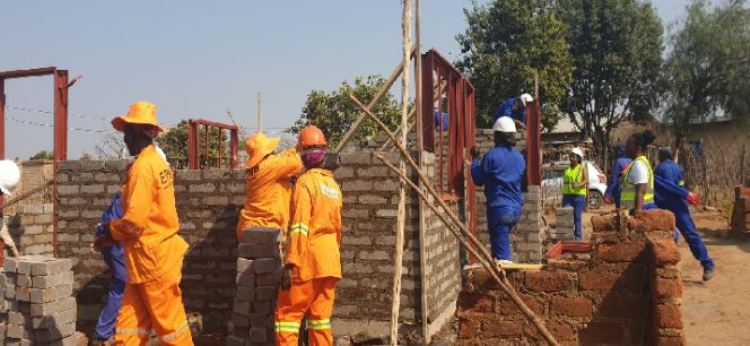ILO Launches Regional Strategy on Labor Migration and Human Mobility in Latin America and the Caribbean
Migrant workers contribute significantly to host countries by filling labor gaps, creating employment opportunities, and bolstering social security systems.

The International Labour Organization (ILO) has introduced a comprehensive Regional Strategy on Labor Migration and Human Mobility for Latin America and the Caribbean. Developed collaboratively by 37 countries and territories in the region with technical assistance from the ILO, the strategy aims to tackle the complex challenges surrounding labor migration while harnessing its potential for regional development.
Ana Virginia Moreira, Regional Director of the ILO Office for Latin America and the Caribbean, underscored the indispensable role of labor in migration dynamics, emphasizing the need to ensure decent work opportunities for migrant workers. Moreira emphasized that a robust strategy must not only protect the rights of migrant workers but also enhance productivity and socio-economic integration in destination countries.
Migrant workers contribute significantly to host countries by filling labor gaps, creating employment opportunities, and bolstering social security systems. Moreira also highlighted their positive impact on countries of origin through remittances and the transfer of skills upon their return.
The strategy is structured around five key thematic areas: strengthening labor migration governance, implementing fair recruitment practices, promoting job creation and reducing informality, facilitating labor mobility and skill recognition, and enhancing social protection for migrant and refugee workers.
Francesco Carella, ILO regional specialist on labor migration and human mobility, emphasized the collaborative nature of the strategy's development and its adaptability to evolving migration trends and regional contexts.
A key focus of the strategy is the prevention of human trafficking and forced labor among migrant workers. Carella highlighted the importance of adhering to fair recruitment principles to combat these abuses effectively, aligning with the objectives of the UN Global Compact for Safe, Orderly, and Regular Migration.
Forced labor of migrant workers generates significant illicit profits globally, emphasizing the urgency of addressing recruitment-related expenses and unpaid wages. The strategy aims to tackle these issues through preventative actions and a steadfast commitment to fair recruitment practices.
Efforts to safeguard the rights and dignity of migrant workers are crucial for promoting inclusive and sustainable development in Latin America and the Caribbean. Through the implementation of the Regional Strategy on Labor Migration and Human Mobility, the ILO seeks to create an environment conducive to safe, orderly, and productive migration for the benefit of all stakeholders involved.










